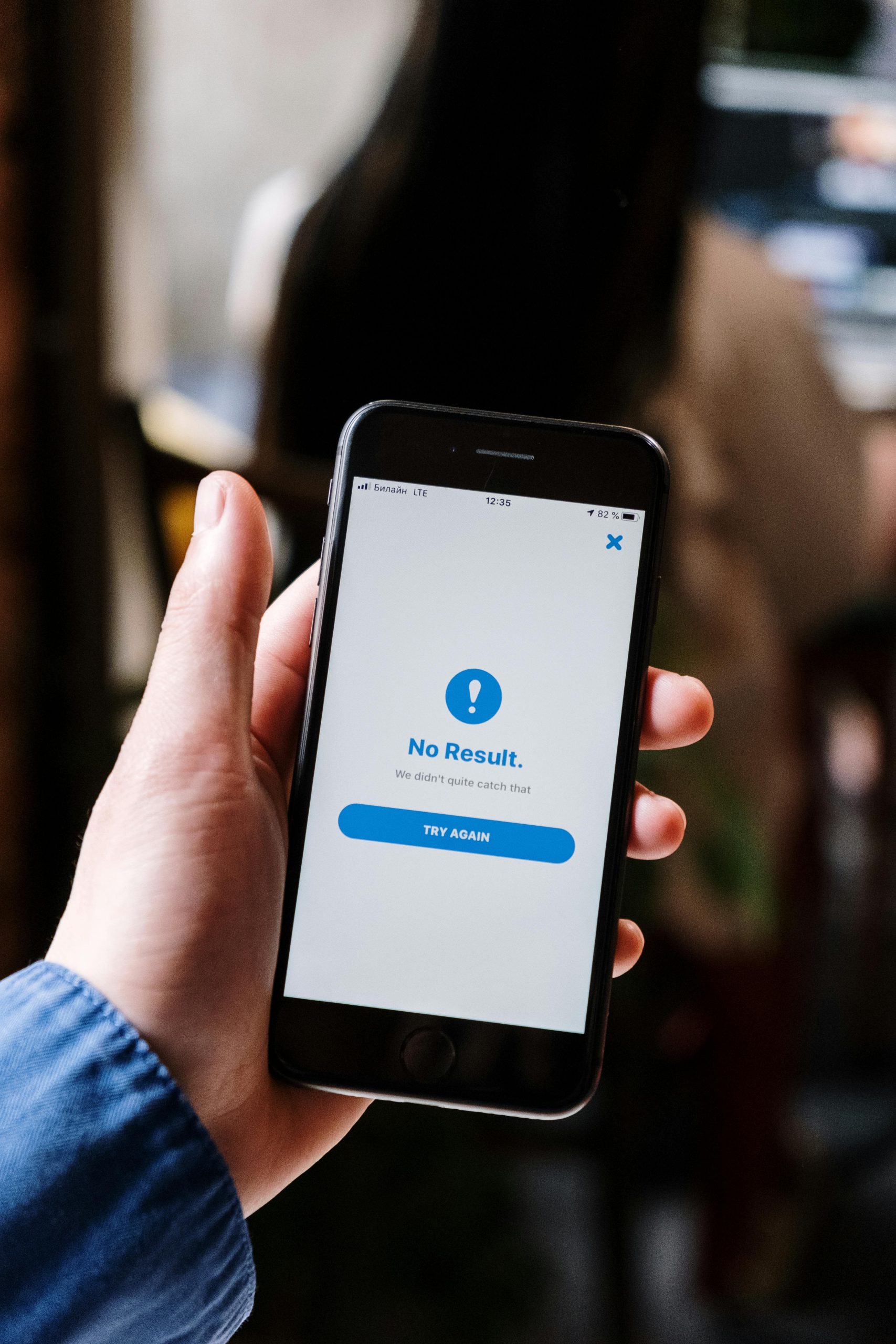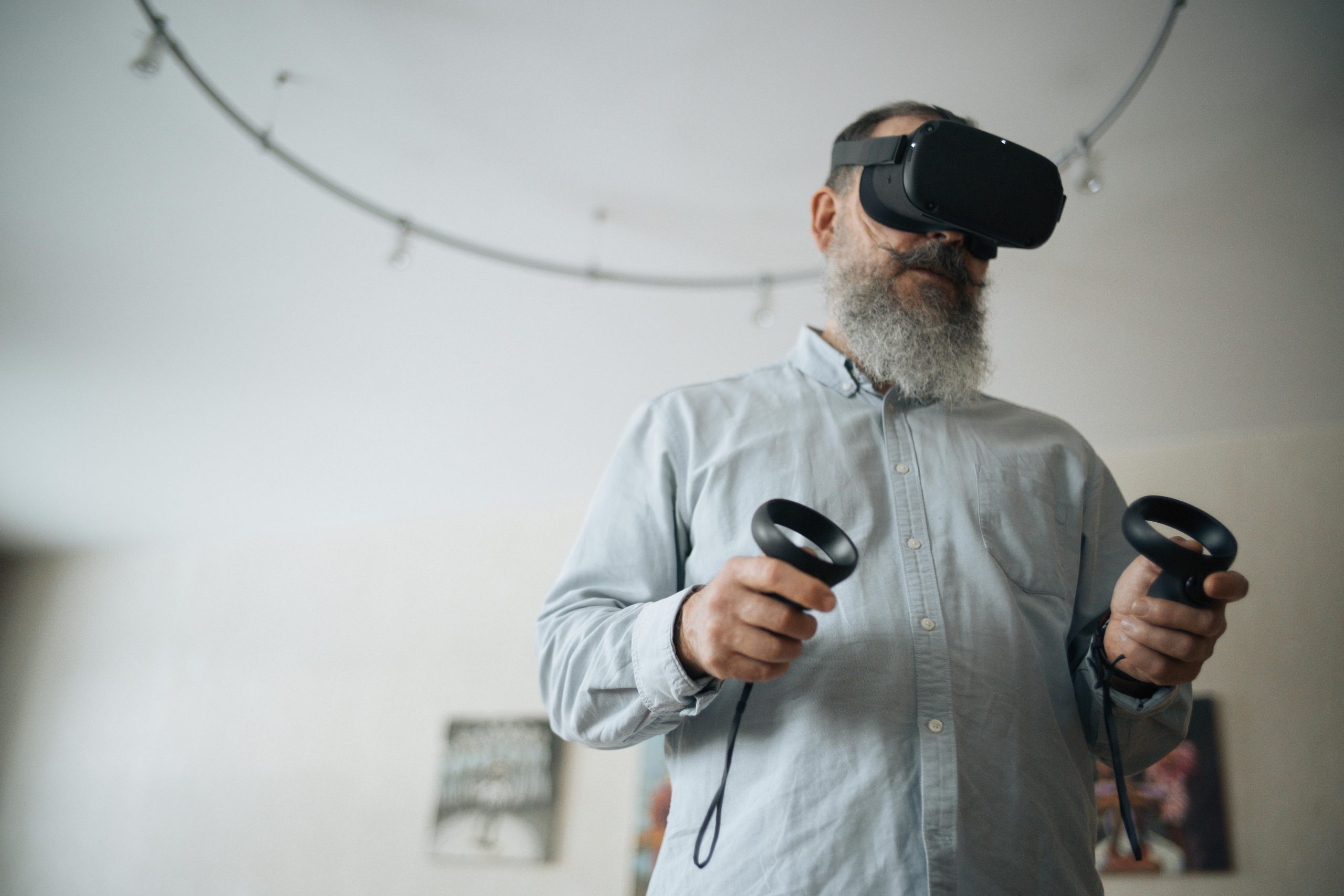Title: Navigating Vehicle Damage in a Private Driveway: Insurance Questions and Next Steps
Understanding Who’s Responsible After an Unintentional Collision
Encountering a vehicle accident on your property can be a stressful experience, especially when you’re unsure about legal and insurance responsibilities. Recently, I found myself in such a situation when two parked vehicles in my driveway unexpectedly collided. Here’s a detailed account and some insights on how to approach similar incidents.
The Incident
I am a single individual, currently engaged and living with my partner and her son. One afternoon, my 2017 Ford Expedition was parked in our driveway. Meanwhile, her 20-year-old son was driving his 1974 Ford F100 — a project truck that’s licensed and insured but somewhat work-in-progress — into the driveway. He parked uphill from my vehicle, exited the truck, and secured the door. When he shut the door, it unexpectedly popped out of park and began rolling backward. Unfortunately, it struck the front corner of my Expedition.
At the time, everyone was present and it’s confirmed by surveillance footage that he was simply stepping out of the truck, not inside or actively operating it. The impact caused damage to my vehicle, including a flat tire, bumper, headlights, and possibly the aftermarket wheels, lift, and related suspension components. In contrast, his truck only sustained minor scratches.
Insurance and Liability Considerations
My vehicle is valued approximately between $12,000 and $14,000 and is fully paid off. I have comprehensive coverage with a $1,000 deductible. Given the extent of the damage, it’s clear that repair costs will likely exceed my deductible.
Now, the key questions arise:
- Who bears the responsibility for the damage?
- Is it considered the driver’s fault even if he was exiting the vehicle?
- Would my homeowner’s insurance cover such an incident?
- Or is this a case of a random act or act of God?
In Michigan, specifically Wayne County, insurance regulations can influence how such claims are managed. Typically, liability for vehicle damage caused by an occupant’s actions can fall under auto insurance, even if the driver was not actively operating the vehicle at the moment of impact. Since he was outside the truck, but the vehicle was in motion (or started moving unintentionally), liability can sometimes be open to interpretation.
Potential Financial Consequences
Choosing whether to pursue a claim through auto insurance or homeowner’s policy depends on various factors. Filing a claim with homeowner’s



